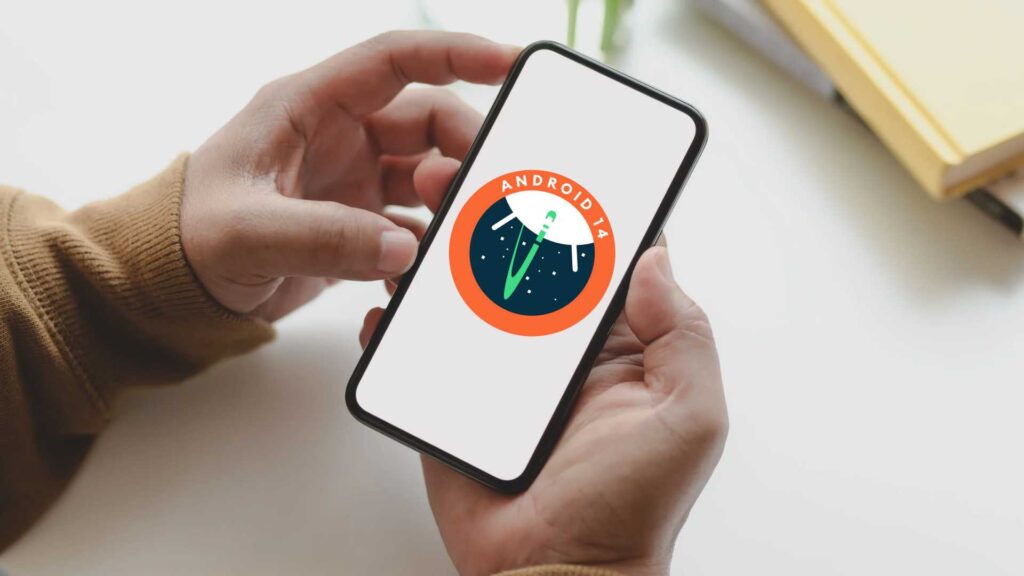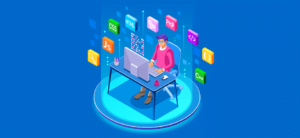Android 14 has already made waves among various smartphones since it first made an appearance several months ago and continues to offer exciting features and optimizations.
Recent revelations by reliable sources reveal an innovative feature designed to address bloatware issues effectively.
Mishaal Rahman, an indefatigable Android code researcher, announced via Patreon that Android 14 includes a feature designed to reduce memory and battery use from preinstalled applications.
Rahman elaborates that Android 14 initiates a system partition scan upon the initial boot-up process.
If a scan identifies a new application with “exported launcher activity” (indicating launchability via home screen icon), that application will be placed into a “STOPPED” state until user actively opens it.
Practically, this means that many preloaded apps that can be launched by users won’t use up system resources until they actually launch themselves.
Rahman refers to Google’s own description of this feature, noting how it “significantly reduces system resource usage such as memory or battery.”
Android 14’s efforts to enhance user experience by mitigating bloatware’s effects on system performance is evidenced in this finding, showing its commitment to increased efficiencies and resource optimization. You may also read our guide on How To Get Rid Of Bloatware On Your Android Phone?
How Will This Play Out in Practice?
Google plans on including Mishaal Rahman’s newly discovered feature into the Android Open Source Project (AOSP).
However, Android OEMs now have the freedom to opt out if desired.
OEMs also have the choice to accept this feature but create an “allowlist” with preloaded apps which still consume system resources without necessitating user activation.
Rahman made an intriguing observation when she mentioned how OEMs who integrate Google Mobile Services (GMS) bundle into their software already include several Google applications which have already been approved as system resource consumers.
Notable apps on this allowlist include Chrome, the Play Store, Photos and Files from YouTube Music as well as Contacts in Contacts Manager and others.
Strategic inclusion ensures that essential functions like contact syncing, automatic app updates and general data syncing remain unaffected.
Although this feature could provide significant protection from pre-installed apps, its effectiveness depends on its widespread adoption by OEMs.
Concerns have been expressed that, should OEMs choose to allowlist some of their own apps, this could reduce its overall effect.
Android manufacturers should embrace this ability in order to improve user experience and system performance, emphasizing its necessity as an industry-wide trend in managing pre-installed applications.






